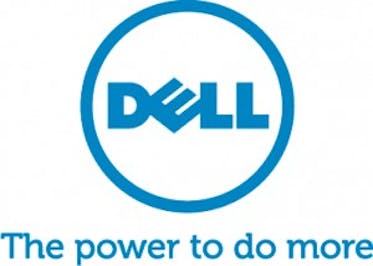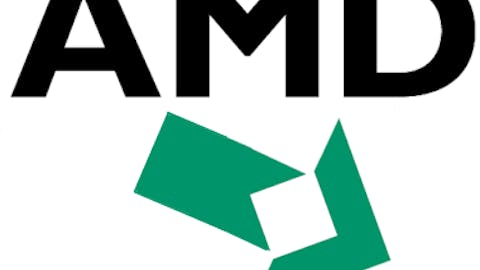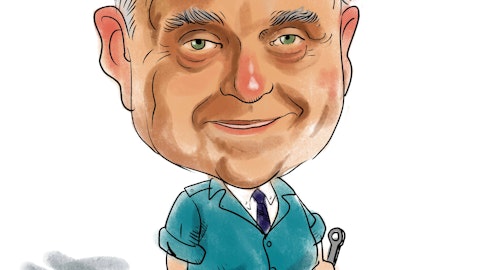
The bidding war seems to never end
The bidding war started when Michael Dell and the private equity firm Silver Lake Partners offered to buy out the whole company at $13.65 per share, or $24.4 billion. Right after that, Southeastern Asset Management, the second biggest shareholder at that time, argued that Dell Inc. (NASDAQ:DELL) was worth around $23.72 per share with the sum-of-all-parts valuation technique. The $23.72 per share valuation includes $11.72 per share for Dell’s businesses (DFS, Server, Support and Deployment, PC Business and Software and Peripherals), $3.64 per share in cash, and the acquisitions since 2008 of $7.58 per share. Carl Icahn also thought that Dell Inc. (NASDAQ:DELL) should be worth $22.81 per share, with a $9 special dividend and $13.81 “stub” value using discounted free cash flow valuation method).
Afterwards, Carl Icahn and Southeastern Asset Management joined forces to make the “leveraged recapitalization” proposal with the option to either receive $12 per share in cash or $12 in additional shares valued at around $1.65 per share. However, that proposal had been rejected by Dell’s board. In the recent investor presentation, Dell Inc. (NASDAQ:DELL) summarized that the net funding of $17.3 billion of Icahn/Southeastern offer comprises $8.8 billion in Dell cash, $3.3 billion in net financial receivables proceeds and $5.2 billion in bridge loans. However, the financial receivables and bridge loan funding were not committed.
Dell Inc. (NASDAQ:DELL) thought that because of high leverage, it would significantly increase Dell’s risk profile with a weaker financial position to transform the business. After the deal, still two-thirds of Dell’s revenue was coming from the declining PC business. Looking forward, the company said that the new Dell Inc. (NASDAQ:DELL) would focus on Enterprise Solutions Group (servers, peripherals, networking and storage), and Services. By Q1 FY 2014, 88% of Dell’s operating income would come from Services while the remaining 32% would come from the Enterprise Solutions Group.
To respond, after acquiring 72 million shares from Southeastern, Icahn pushed the company to buy back 1.1 billion shares at around $14 per share, with the total investment of $16 billion. As Dell has around 1.75 billion total shares outstanding, this buyback could be considered huge, retiring around 63% of the company’s total share count. The buyback would be financed by $7.5 billion in Dell cash, $2.9 billion in Dell Inc. (NASDAQ:DELL) receivables and $5.2 billion in debt. At the current trading price of $13.40 per share, Dell is valued at 5.24 times its trailing EBITDA.
How about Hewlett-Packard and Lenovo?
Another big global PC maker, Hewlett-Packard Company (NYSE:HPQ), has a bit lower EBITDA multiple. It is trading at $25.40 per share, with a total market cap of $49 billion. The market values Hewlett-Packard at 4.37 times its trailing EBITDA. Hewlett-Packard Company (NYSE:HPQ) previously “bought” its R&D, pouring money into acquisitions rather than developing internal R&D. In R&D, the percentage of revenue has been declining rapidly, from more than 11% in 1987 to only 2% in 2012. Because of the acquisition spree several years ago, the company had to write down as much as $8.8 billion on an $11 billion purchase of Autonomy at the end of 2012. What investors might focus on is its substantial ongoing business restructuring under Meg Whitman’s leadership. However, Hewlett-Packard still booked an extremely high level of goodwill and intangibles on the balance sheet. As of Apr 2013, the goodwill and intangible were more than $35 billion, much higher than its equity of only $23.5 billion. The high level of goodwill and intangibles makes the company quite vulnerable to a sudden write-off in the future, which would slash the company’s share price on the market.





